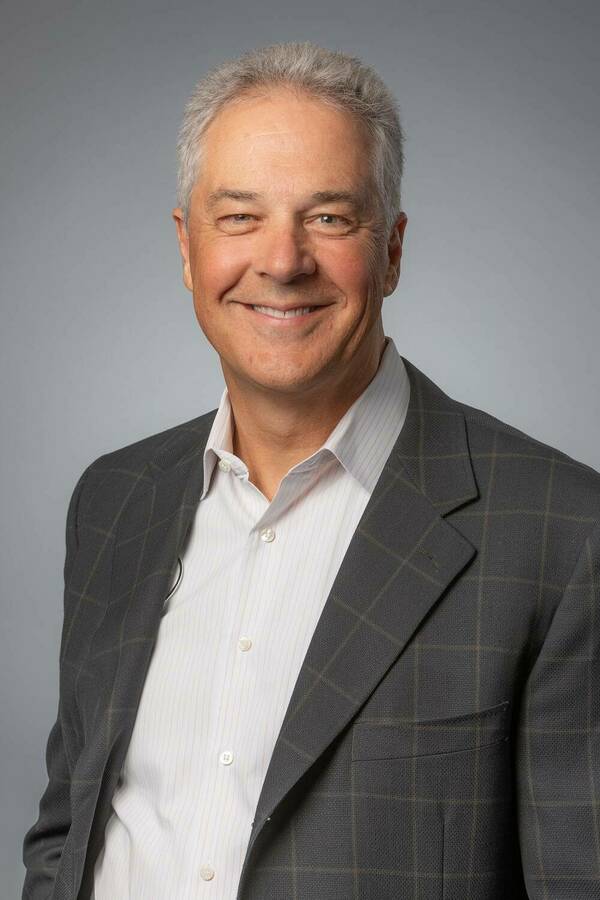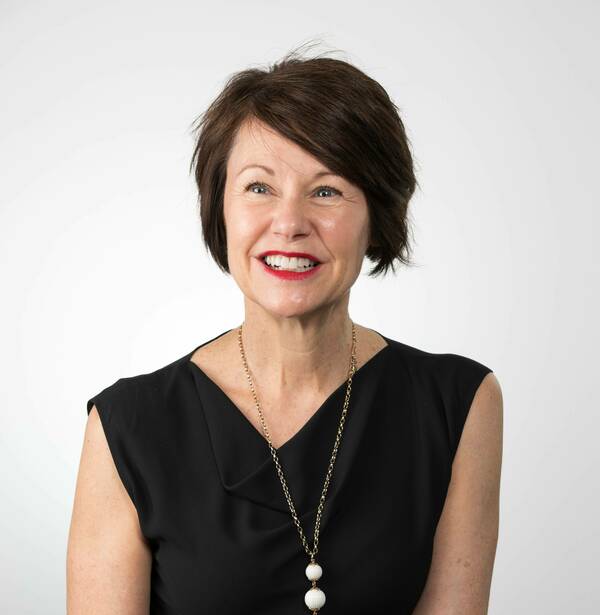It’s all about setting goals for yourself and investing in tomorrow. That’s how the financial stability coaches at Catholic Charities Dallas approach their work helping families overcome specific financial obstacles so they can maintain stability while also holding onto hopes for the future. But setting concrete goals isn’t just important for their clients; it’s also how Catholic Charities Dallas achieves success as an organization.

Catholic Charities Dallas CEO Dave Woodyard explains, “Partnering with LEO and the University of Notre Dame provides us the proof that we are doing the right things and shines a light on items we need to amend to meet our goals.” When providers decide to partner with LEO, they are investing in the future and continuous learning.
Over the years, our partners have told us about their hopes and dreams for how research will advance their missions. Among dozens of diverse providers, interventions, and studies, two main themes emerge: Partners want to use research to maximize program offerings for those they are already serving, and they want to scale up proven interventions to expand their reach. Through their visions for the future, we can see how evidence will lead to impact in their communities.
Much of LEO’s research helps our partners understand how to target services to the clients who stand to benefit the most from them. Those who work with LEO value evidence because they know it’s the key to confirming which interventions work and for whom. It’s only through rigorous evaluation that they can really fine-tune and improve their services for maximum impact. Dave Woodyard believes that the evidence produced by LEO will help Catholic Charities Dallas deliver more effective services: “We will be better equipped to understand client long-term engagement in financial stability programming, as well as what components of the program make the biggest impact on helping clients financially thrive.” The evidence that Catholic Charities Dallas is building with LEO gives them confidence that they are truly making a positive impact for families.
But research’s impact doesn’t end there. LEO partners dream big, and their determination shows up in ambitious goals. After they’ve made new discoveries about what works to help families in poverty, they want to share those discoveries with other providers and expand their already existing programs to help even more people. Third-party studies can validate their programs and help them secure funding to scale their work. Once Catholic Charities Dallas receives results from its study with LEO, Dave plans to leverage them to raise support to expand financial stability and career services to all nine counties in his service area.
Catholic Charities Dallas’ dreams extend beyond local impact, though. Dave is already planning to share the results of his LEO study with the entire Catholic Charities network, in the hopes that other agencies across the nation would adopt the evidence-based program. Many LEO partners plan to use their research results to influence broader policy decisions and be a part of moving the nation towards more effective poverty services.
Having big hopes for the future and making a clear plan for achieving them is important for everyone: service providers and service recipients alike. For LEO, keeping our partners at the center of our work is the only way we can shine a light on successful interventions that will change the trajectory of how our country addresses poverty. Much like the financial stability and career services program at Catholic Charities Dallas, at LEO the first step to lifting people out of poverty is not only helping our providers dream big about the potential impact of their research, but also giving them the tools they need to make the investment and get there.
In their words:
Everyone who has interacted with LEO is familiar with the question “What’s your why?” It’s the start of any new introduction, and it drives our sense of identity as a rigorous research lab that simultaneously keeps our person-focused mission to end poverty at the center of our work. We asked our network of service providers to share their “why” for partnering with LEO to do research. Here is what some of them said.
“We selected LEO because of their track record of outstanding research, their collaborative style, and a deep understanding of the stressors an RCT can put on any nonprofit. They got us.”
-
Bertina Ceccarelli, CEO of NPower

Bertina Ceccarelli
“We have chosen to partner with LEO because we know they share our North Star and, like us, want to see families in poverty benefitting from high-quality, evidence-based schools and programs that are proven to help families navigate and break the cycle of generational poverty.”
- Betsy Delgado, Vice President of Excel Center Indiana
“LEO has been an ideal partner because of the depth of their knowledge and skill in the field of research but also their commitment to teaching the practical application of this knowledge to service providers.”
- Linda Burger, CEO of Jewish Family Services
“JSDF and LEO’s missions and strategies are well aligned in the belief that multi-sector partnerships are crucial. LEO is essential in helping us define the steps that will demonstrate processes and characteristics of our mentoring program that work and don’t work. This deeper understanding would then allow us to seek more funding and partnerships to properly extend our services and support, broaden the villages that help us serve, and contribute to policy outcomes that allow our children and families to thrive.”
- Karla McCullough, Executive Director of the Juanita Sims Doty Foundation
“We had ideas on what would work, though we did not have the infrastructure nor the budget for a full-fledged professional research team to assist us in proving what works with concrete, objective, and scientifically developed data that is so critical to these programs. Working with LEO gave us an entire team of experienced, professional research scientists who guided our clinical team in the design, development, and implementation of innovative strategies that proved to be very successful!”
- Vicki Niedermayer, CEO of Helping Restore Ability